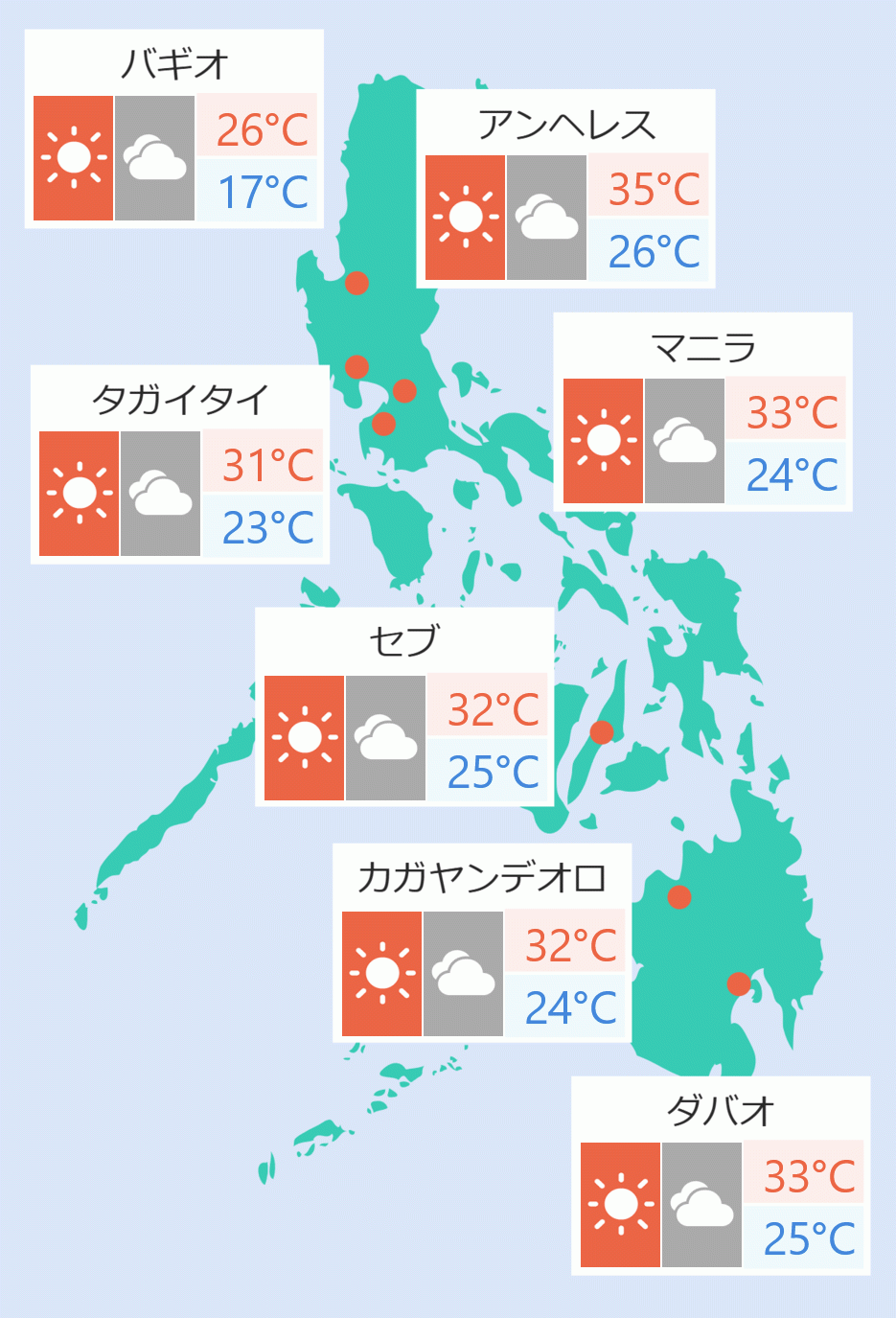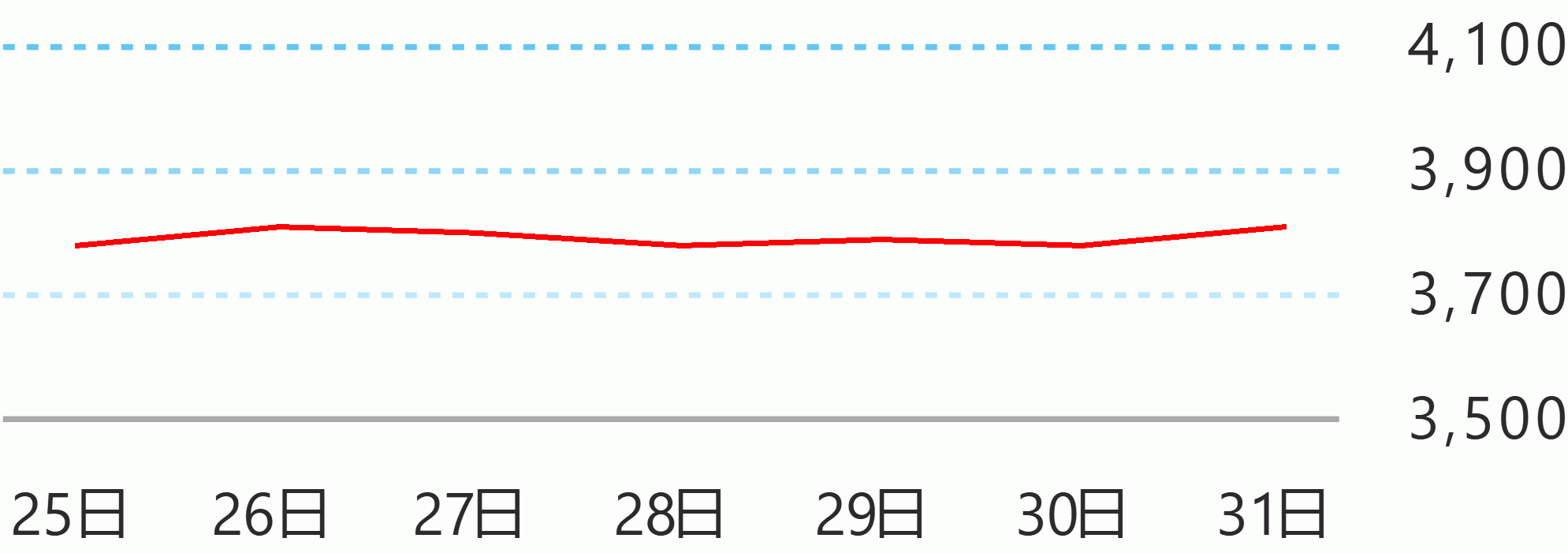The issuance of Executive Order (EO) No. 39, which sets price ceilings on rice nationwide will not only reduce rice prices in the market but will also penalize and discourage hoarding, according to the National Economic and Development Authority (NEDA).
In a statement, NEDA said that “the imposition of a price ceiling on rice will address this issue in two ways: it will immediately reduce the price of rice, and it penalizes and consequently discourages hoarding, further decreasing the price of rice.”
NEDA also underscored the timely imposition of the mandated rice price caps amid the continued surge of prices of the staple food in the market nationwide and the looming effects of the El Niño phenomenon and other international crises that affect the world market.
“We are facing difficult times, and concerning the agriculture sector, the El Niño Southern Oscillation (ENSO) phenomenon is a major disruptor. The ENSO has intensified the Southwest Monsoon and is expected to result in below-normal rainfall towards the end of the year in many countries along the Pacific,” NEDA said.
“Moreover, the trade-restricting protectionist behavior of certain rice-exporting countries, such as India’s ban on non-basmati rice exports to keep prices low at home, and the aggressive move of rice-importing countries to secure supply have resulted in a decrease in the volume of rice being traded and expected to be traded in the global market,” it added.
With all these factors affecting the prices of basic commodities, NEDA emphasized that it is the government’s priority to ensure that the country has an ample supply of affordable rice.
NEDA added that the country has enough rice for the third quarter, and for the rest of the year with the upcoming harvest season beginning this month and the additional import orders already secured by the government.
“That said, we note that the price of rice has been sharply increasing over the past weeks, which is inconsistent with the apparent supply and demand situation. This implies that some are manipulating the expected impact of ENSO to depict a shortage at this time,” NEDA said.
While some criticized the good intention of the executive order, NEDA clarified that the order “is not a standalone initiative” as it emphasizes that “law enforcement authorities continue their valiant efforts to crack down on individuals who hoard, excessively profit from, smuggle, or participate in rice cartels.”
“We are confident that the imposition of a price ceiling is only a temporary measure. We expect rice harvest to commence soon and anticipate that other initiatives will produce the desired result,” NEDA said.
President Ferdinand Marcos Jr. recently signed EO No. 39, setting price caps on regular and well-milled rice in the whole country that will take effect on September 5, Tuesday.
Under the EO, the mandated price cap for regular milled rice is P41.00 per kilogram while the mandated price ceiling for well-milled rice is P45.00 per kilogram.
NEDA said the Rice Competitiveness Enhancement Fund (RCEF) continues to support farmers nationwide, enhancing their livelihoods and capacity to produce the staple food while the Inter-Agency Committee on Inflation and Market Outlook continues to monitor the prices of rice and other goods to provide anticipatory policy advice on dealing with inflation.
NEDA added that the Department of Agriculture (DA) will also continue its efforts to ensure that there will be enough rice for all Filipinos.
“We recognize and appreciate well-meaning actors in the rice market, such as farmers, cooperatives, traders, and importers, who are helping the Government ensure that every Filipino has access to affordable rice,” NEDA said.
The Department of Industry (DTI) and the DA are set to conduct a series of inspections in public markets next week to ensure that Executive Order No. 39 is strictly complied with in coordination with various government law enforcement agencies. Presidential News Desk





 English
English










